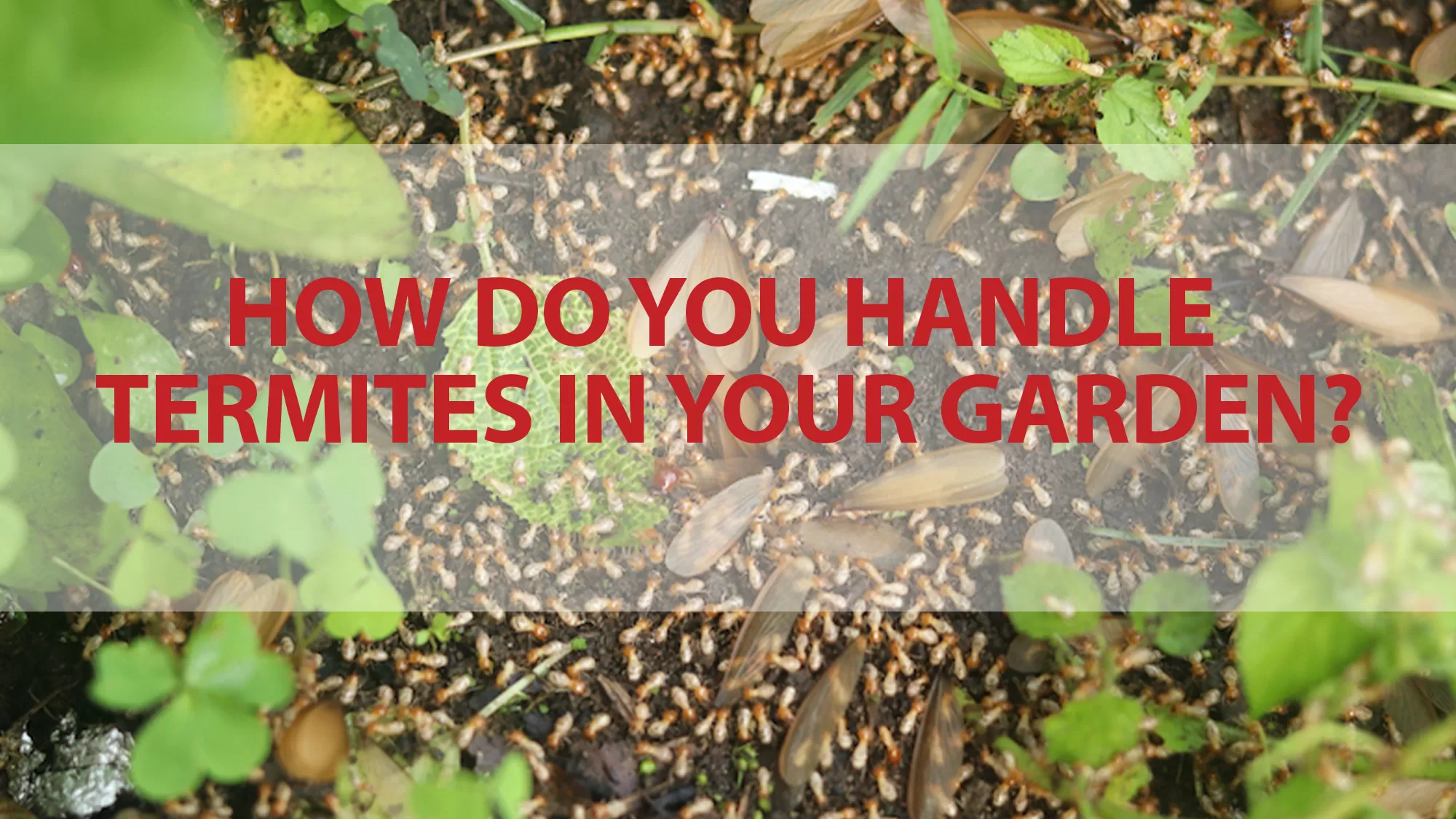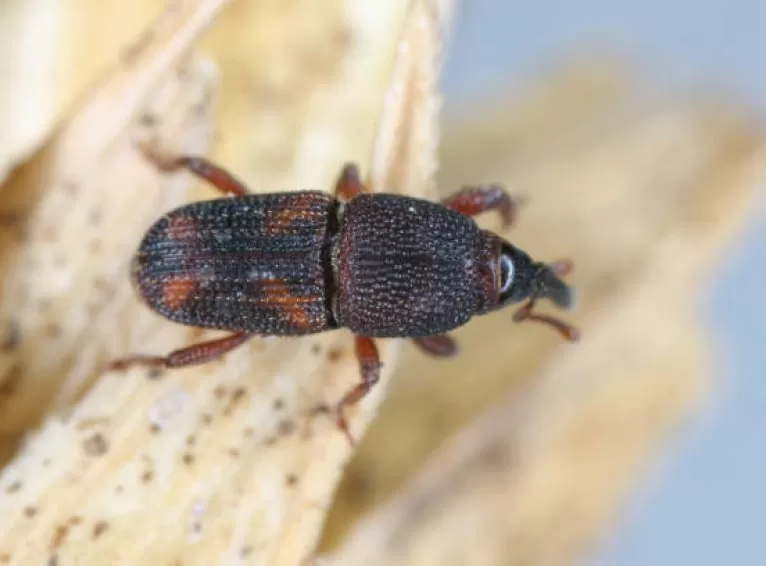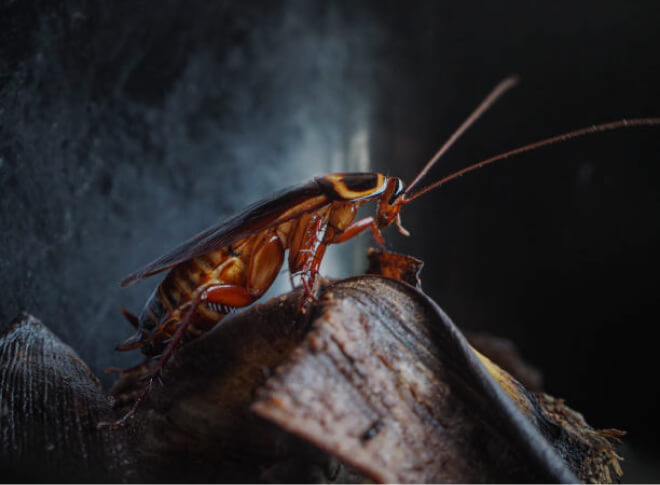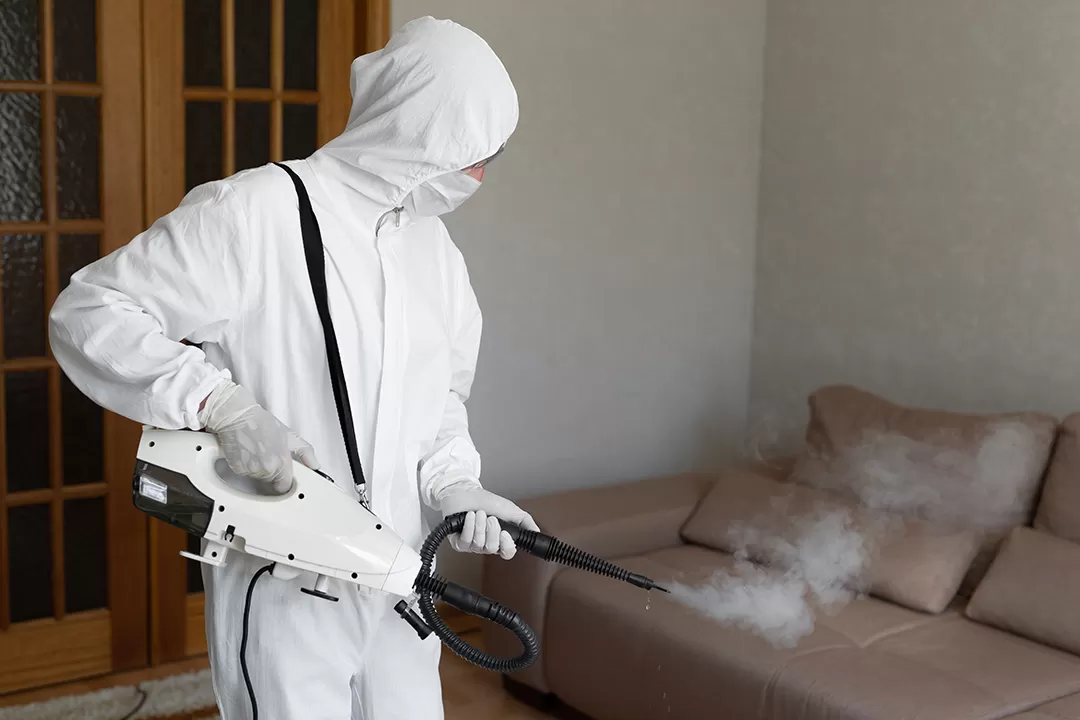Did you know your home is not the only place termites can invade? These pests are a nuisance in garden settings too! Termites are found naturally in soils, making gardens a hot spot for them. If you notice termites in your garden, they are perhaps attracted to a food source there. They feed on the cellulose found in plant roots and wood. While these can draw termites to your yard, they will also not hesitate to destroy any wooden structure near your garden.
So, it is normal to want to get rid of these unwanted pests. Perturbed about termites in your garden but not sure how to control the infestation? Here are some tips.
Tips to Handle Termites in Your Garden
Control the Moisture Level
Termites love damp spaces. There is a risk of termite infestation wherever there is moisture. If you want to protect your garden from the wrath of termites, you’ll have to keep damp areas and damp wood in your outdoor space to a minimum. Everyday backyard items such as branches, logs, and kids’ toys can all become threats of a termite infestation.
Often, termites gather near gutters. The down-spout extenders that are commonly used to divert the pests away from the foundation of your home could force termites towards the garden. So, look out for any pooling water in your garden or yard.
Create Termiticide Barriers
If you want to ensure termites cannot reach your garden or home, you can create a termite barrier. Not only will these obstacles keep termites from entering your premise, but the barriers will also kill the pests soon after they come into contact.
You can install a liquid termite barrier. Liquid termiticides are usually applied at the base of many foundations. In addition, you can use them on woodpiles, tree stumps, and any other wooden structures that might attract termites. You may also spray the liquid barrier directly onto the insects as it will kill them upon contact.
Liquid barriers contain fipronil as an active ingredient. Using the insecticide, create a moat around your home’s foundation and wait for the chemicals to seep into the ground. Fortunately, termites cannot detect this barrier but will die soon after they come into contact with it. Moreover, affected termites will carry the insecticide back to the rest of the colony and poison them too.
You can also use granular termiticides as a termite barrier in your garden. With imidacloprid as an active ingredient, granular termiticides work similarly to liquid barriers. Simply spread it all around the foundation, wood piles, decaying trees, and wood structures and watch the termites disappear.
Introduce Natural Predators
Want an alternative to chemical termite treatments? You can go for green pest control by introducing natural insecticides into your garden. Nematodes are microscopic parasites that enter a termite’s body and kill it over time. Even though nematodes can poison termites from within, they are not harmful to pets, humans, or plants in your garden.
Nematodes are easy to find. You can find them online or at most garden supply stores. Mix the naturally occurring roundworms with water and apply the mixture to any termite-prone areas in your garden.
After you introduce them to your garden, they will multiply on their own and latch onto the termites. Within 24 to 48 hours after you release nematodes, you will have a termite-free garden. Best of all, nematodes will also kill many other common household pests – and keep them away for weeks.
Apply Boric Acid
Boric acid is another excellent termite control method if you want to avoid using chemical insecticides. Boric acid, a processed version of boron, is a less toxic insecticide. However, it can complicate the metabolic and digestive system of a termite. Prolonged exposure to boric acid will eventually kill the affected termites. This usually takes about 3 to 7 days.
You can get boric acid in powder form and make a concoction by mixing water and sugar. The mixture will attract termites and then go on to poison them. Affected termites will carry the poison back to their colony and kill the entire colony.
Alternatively, you can use a powder sprayer to spray the powder directly onto the pests. Don’t forget to wear a protective mask and goggles when handling boric acid. You may have to repeat the process a few times before all termite activities in your garden are brought to a stop. However, be careful, as boric acid can also kill grass and plants.
Know What Not to Do
By now, you would already know how to handle termites in your garden. However, it is sometimes difficult to identify the best termite control method. What’s worse, some of your actions during the buffer period can actually worsen the termite situation. So, try to learn not only what you should do to control a termite infestation in your garden but also what not to do.
The first thing you should avoid is over-the-counter insect sprays, relocation methods, and pine sleepers. In addition to being ineffective, these efforts can irritate the termites and cause them to spread all over your property. Some insect sprays will kill only the termites found on the surface but leave the rest of the colony untouched.
Treated with arsenic, pine sleepers are toxic. When it comes into contact with water, the arsenic seeps into the soil and contaminates the food grown in your garden. As a result, you will unknowingly be poisoning yourself and your family instead of termites. Overall, do not choose to take any measure without proper knowledge of how it works and what consequences it might have. So the best would be hiring a professional to handle the termite infestation rather than taking things into your hand.
Conclusion
If the termite infestation in your garden increases despite all your efforts, do not hesitate to call for professional pest control. These critters may be difficult to contain with simple DIY approaches. Pest control companies can locate the termite problem, assess the size of the infestation, and successfully exterminate them. They will use the right chemicals and will also take all required precautions.
Furthermore, take preventive measures whenever possible. For example, use termite-resistant wood for any wooden structure near your garden. Also, check the garden regularly to ensure no termite colonies are forming. This will help you take action before the termite problem becomes uncontrollable.







